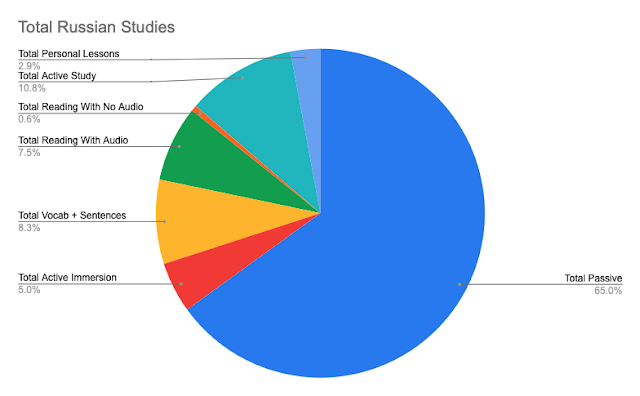Noticing Grammar: ты, тебя, тебе
Something that I've heard Steve Kaufmann say repeatedly is that one of the most important skills when learning a language is your ability to notice. When you start noticing patterns you should investigate them and use them as an opportunity to learn.
Well after 7 months of learning Russian I really started to notice the different cases for 'you': ты, тебя, тебе etc.
Don't get me wrong, it's not that this has been under my radar all this time. It's just that my curiosity has now become so intense that I'm actually willing to learn a little bit of grammar in order to understand it better. This is also the result of using the Speakly app which requires me to choose the correct word for some of the exercises.
From some quick searches this is what I've determined to be a list of the various cases of 'you'. Please realise that I'm learning this for the first time and just going off of what I've found online. Don't take this as the definite truth, consult textbooks or sites and apps that you trust before anything you read on my blog. No doubt I will verify this as soon as I get to it in the Penguin Russian Course (which I admit I've been neglecting for many weeks now).
ты — Nominative / Subject of a sentence.
Example: I love pizza. You?
тебя — Genitive / of you / belonging to you, also numbers and quantities.
Example: You have.
тебя — Accusative / direct object of the verb.
Example: I told you.
тебе — Dative / to or for you / English Indirect object of the verb
Example: I gave you it
тобой — Instrumental / with you / by you
Example: I hit you with my stick
тебе — Prepositional
Example: It's on you / behind you / in front of you, etc.
So there you have it, I'm officially starting to study the Russian case system. I wonder if the strong curiosity I experienced in order to learn about this will be beneficial in my understanding and retention?

Comments
Post a Comment